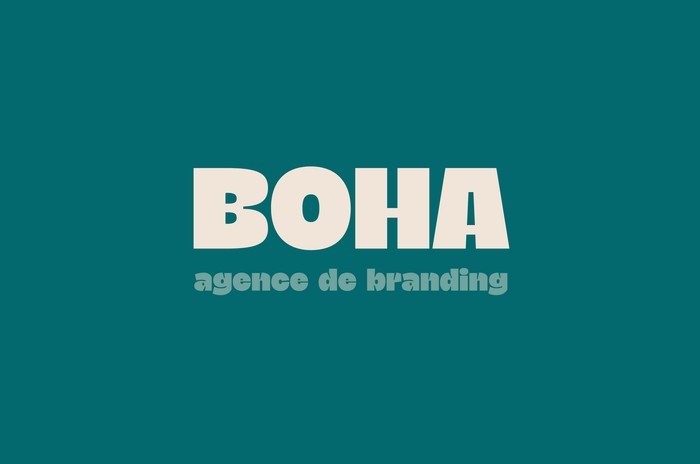
In the first part of this series, we explored what healthcare communication is with Anna Gallais from Weber Shandwick Switzerland.
Weber Shandwick is a global communications agency providing strategic guidance for businesses and organisations. Using storytelling, they can help their clients communicate effectively.
In this second article, we interviewed Anna Gallais again to ask what is it like working in healthcare communication in an agency.
Healthcare communication at Weber Shandwick: what is it like?
Being a healthcare communicator in an agency is a very diverse task: our clients range from big companies to organisations such as public health or health tech startups. This means that their demands are also diverse; we can be approached for many things, from developing large scale creative campaigns to engage patients around disease areas, all the way through to creating social media campaigns and media engagement to support milestones or initiatives.
Working in an agency allows you to work on multiple projects at the same time. This means that you get to know and work on a vast range of subjects and to learn from the people you are working with. You are able to explore different aspects of communication that you may not have previously worked on. This also gives you a chance to participate in a diverse team, where each individual brings their own perspective and experience to find unique solutions for clients - some of us come from the pharmaceutical industry, some have an agency background, some have a Ph.D., some come from the creative or advertising world.
What skills do you need to work in an agency?
Because of the diversity of clients and client’s needs, agencies are a fast-paced environment in which fast-learners will thrive. The quicker you recognise the business needs of a client, the quicker you can advise them on communication strategies. To do this, you must have some knowledge of their business environment and the competitive landscape. Knowing where they stand will help you evaluate the communication opportunities and challenges they face. If you do not understand their competitive terrain or the area in which they are working, you will never be able to help or advise them. Of course, in order to build a communication plan, you also need to know the audience you are addressing and what their motivations and limits are. This ‘insight mining" is at the core of strategic communication campaigns.
“I think that you need to figure out pretty fast how you can help. You need to understand who they are and how you can bring added value to the business situation in which they are in.”
What role does teamwork play in healthcare communication?
Weber Shandwick is very team-orientated. This has two main advantages. First, having client-dedicated teams provides internal continuity for our clients, who tend to stay with the agency for a long period. As well as having dedicated teams there are also “floating-experts” that move around depending on specific needs. This provides a pool of expertise (such as a creative team, media relations experts, digital gurus) that can be tapped into to better solve a client’s problem. For example, a client may have a very specific need, such as reviewing an abstract in a medical journal. In this case, someone with this scientific knowledge will be recruited to help the team.
“Whether it’s tapping into someone’s scientific expertise from a PhD point of view, or finding someone who understands how media works or even someone to create a beautiful video, we have a global network we can tap into.”
This also means that not everyone working in healthcare communication is a scientist. They are communication experts who understand the needs of the client, and who can explain how a health product works.
How do you maintain a work-life balance in such a fast-paced environment?
The question of work-life balance is personal for everyone. My work-life balance is less about the hours and more about what I am doing and the value I bring. Is what you are doing worth it? You should feel excited that you are making a difference, with clients, with your team, or for yourself.
What do you most enjoy about working in an agency?
Working in an agency gives you the opportunity to work on a wide range of projects with industry-leading experts. This diversity means that you are constantly learning. Working across multiple projects with people from diverse backgrounds means that there is never a dull moment!
“I think it is the excitement. We tend to want to give a lot. We have many clients and we want to make sure that we deliver what they are asking for (or more if possible). It can be hard work, and it's only worth it if it's also exciting”
Once again, we would like to thank Anna Gallais of Weber Shandwick for her time on this interview. As she mentioned, healthcare communications in an agency is a fast-paced environment in which fast-learners will definitely thrive. Working in an agency gives you the opportunity to work with a number of experts, on a variety of different projects, for different clients. Because of the diversity in projects, it is an exciting and rewarding environment in which you will constantly be learning.
Further reading:
Healthcare Communications: A Matter of Creativity & Responsibility by Elinam Gayi
Image:
RonaldCandonga from Pixabay





